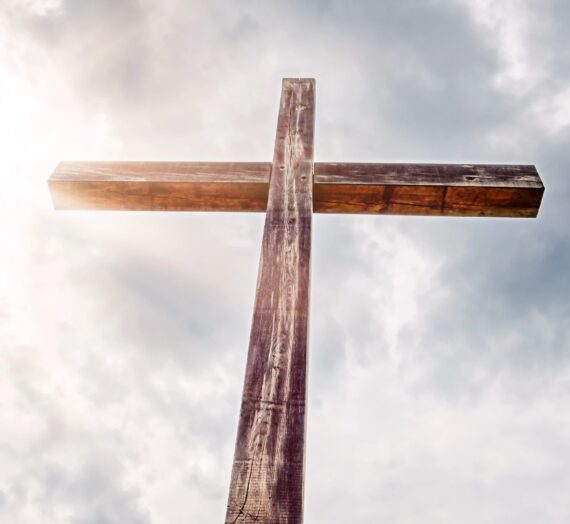“We who formerly hated and murdered one another now live together and share the same table. We pray for our enemies and try to win those who hate us.” Justin Martyr
A feeling of dread and terror washed over me as I listened with wide eyes to my Kids Church teacher talk about hell. She alone seemed to know that answer to avoid such a place, a prayer of salvation. As I pondered this new information and wondered why in the world my mom or grandma never told me about this, I quickly repeated her words in my head, “Jesus, come into my heart, AMEN!” Without ceremony, without bowing my head or closing my eyes, without telling anyone, I became a convert. It would take time to peel off the fear of God and damnation and would require multiple encounters with God to understand God’s sincere love for me. To move from being a convert to a Jesus disciple would take even longer.
Having been raised in and attended Pentecostal/Charismatic churches my whole life, the Gospel and salvation has consistently been presented as an individualized message that requires an individual to respond. You sin. You are far from God. Jesus died for you. He resurrected. You repent. You are now near to God. (Also, remember to get baptized in the Holy Spirit.) It’s simple, and probably similar to many other Christian traditions, and it’s effective in creating converts. The more I dig into scripture, however, the more I realize this is really only half the story. Once you become a convert, you then have to live out your faith in discipleship, which requires something messy…it requires doing this with people. And not just the people who look like you, act like you, think like you. It fundamentally requires you to do this with all people, and perhaps especially with people who don’t look like you, act like you, think like you.
In Ephesians 2 (stop and read it here), Paul is writing to a diverse church of Gentile and Jewish Christians. Things are tense because of their differences. Jewish Christians had a long tradition of understanding they were God’s chosen ones, but this guy named Jesus made a way for all people to be God’s chosen ones; it must not have been easy for them to shift their mindset and practices. Yet Paul reminds both groups that because of Jesus’ blood, both Gentiles and Jews are brought near to God. Central to the message of salvation is that Jesus “made the two groups one and has destroyed the barrier, the dividing wall of hostility…His purpose was to create in himself one new humanity out of the two, thus making peace, and in one body to reconcile both of them to God through the cross, by which he put to death their hostility” (Ephesians 2:14-16). The cross didn’t just save them—it also killed their ethnic hostility towards one another! Salvation isn’t just a reconciled relationship with God; it’s also a reconciled relationship with people. Considering the current racial tension in our country and in our churches, there is no other more timely or relevant understanding of the Gospel and the gift of salvation than understanding that Jesus doesn’t just reconcile us to himself, but he also reconciles us to each other. The problem has been that for many of us, we only focus on that reconciliation with Jesus. When we only focus on reconciliation with Jesus, we are actually only living out half the gospel, and it shows. So what do we do about reconciling with people in 2020, especially when it comes to racism in the church?
As a white Christian, I want especially to call on my white brothers and sisters to take our next steps seriously. Just as Paul was responsible for initiated a reconciliation between himself and the Christians he persecuted, we also need to take initiative in racial reconciliation. One thing we can do is shift our understanding of salvation. It isn’t just about individuals becoming right before God; it’s also about us becoming right to each other. For us, that will require some soul searching and sin repenting. It will mean listening to people of color and lamenting. It will mean seeking genuine unity—not that fake stuff that requires people of color to stuff down their experiences and be quiet—but one that will allow the truth to set us all free to love one another and carry each other’s burdens. This will be heavy and challenging and uncomfortable and costly. But if we genuinely are willing to engage in this work, there is beauty on the other side: Jesus promises us the world will know who we are and to whom we belong when we love each other (John 13:35). And that’s the witness the world needs. It’s the witness worth sacrificing for.



